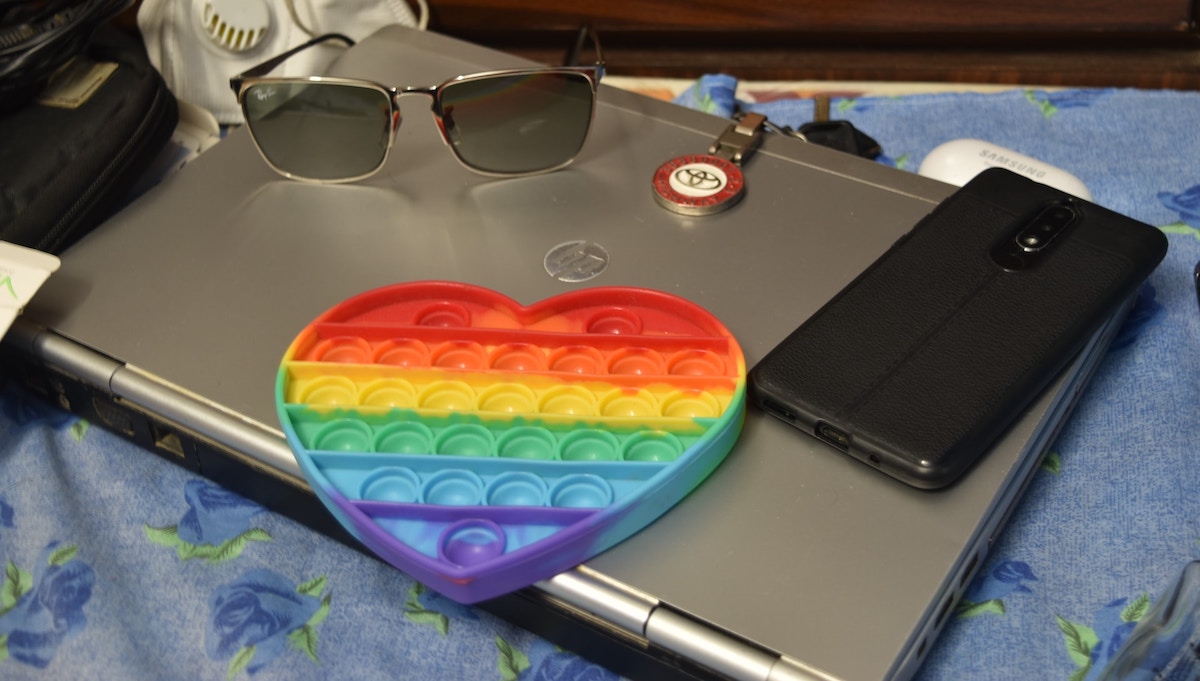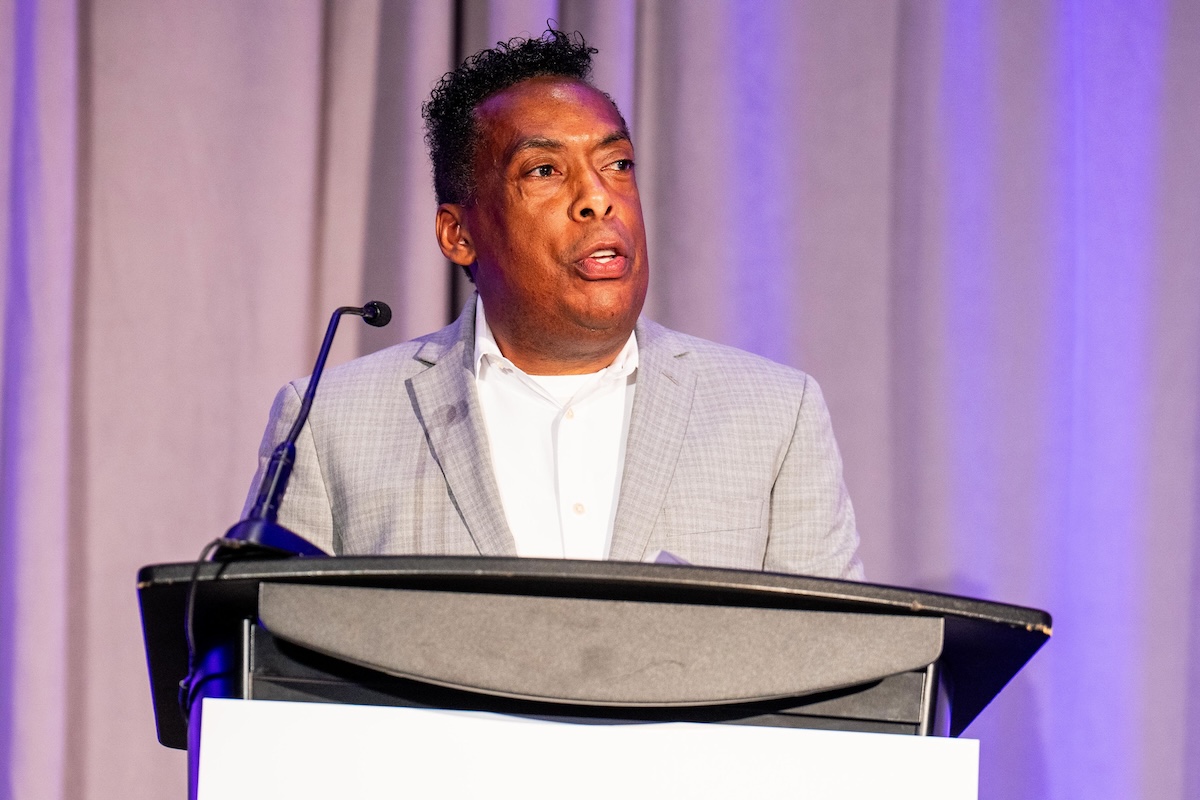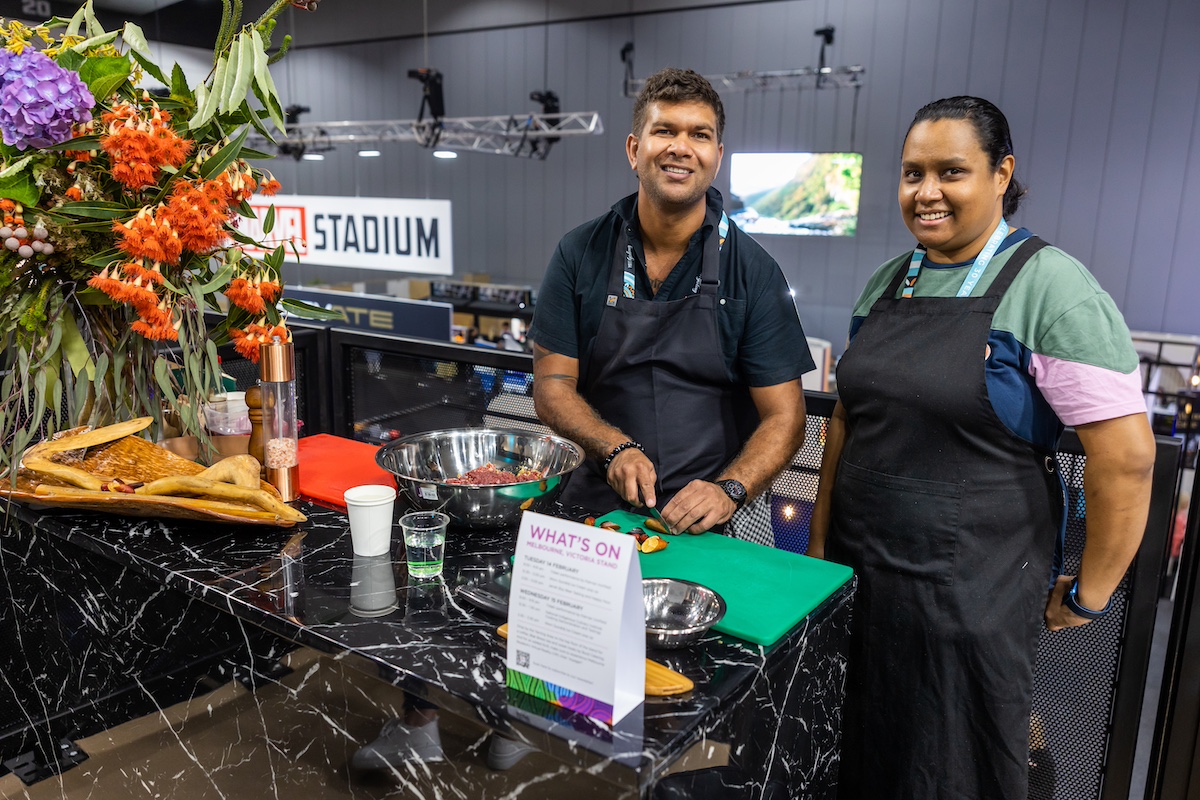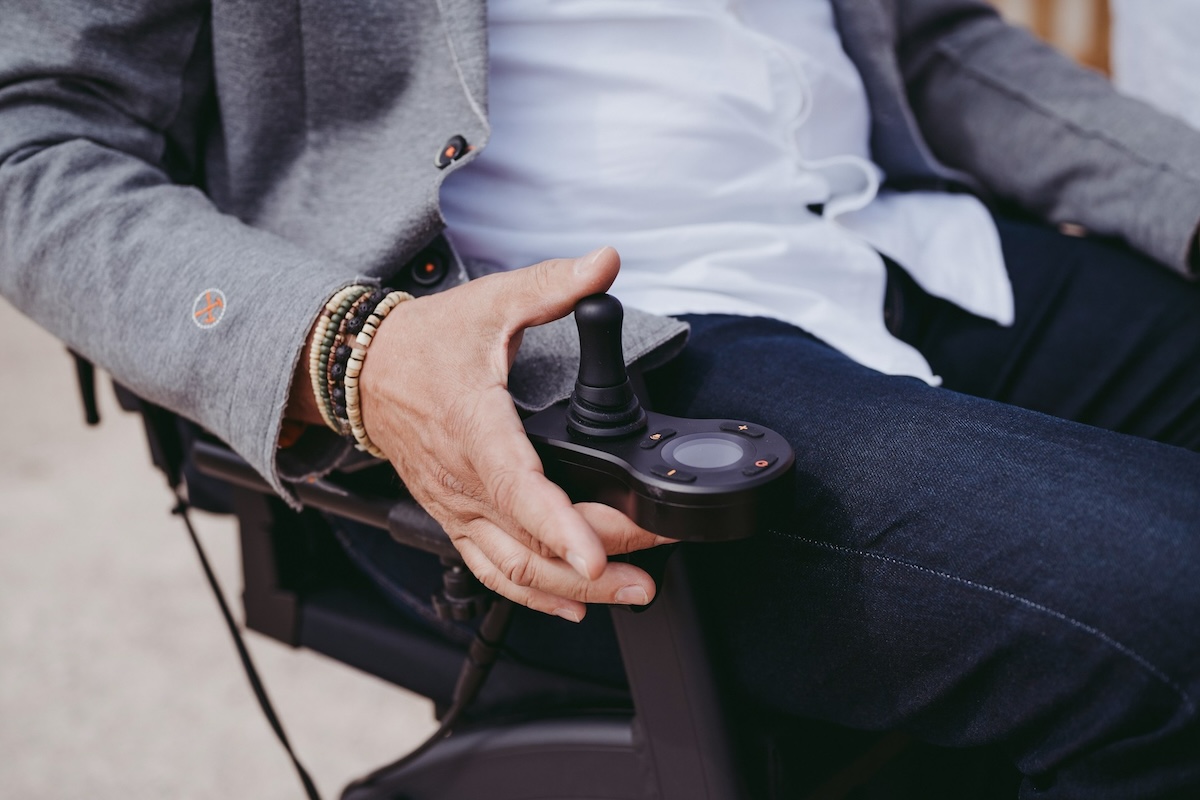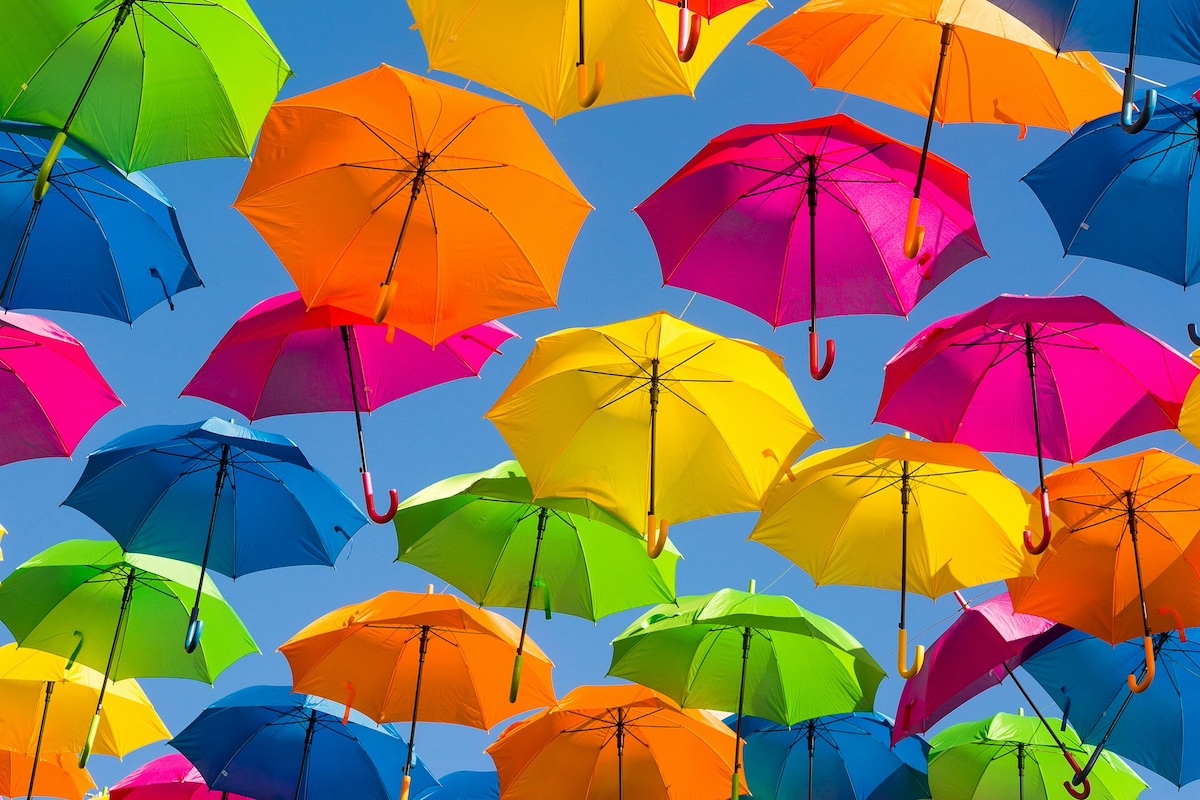Skift Take
A quarter of the population cannot be ignored. The meetings industry is taking note and learning to address their needs.
Approximately 27% of adults in the U.S. have some form of disability. This includes difficulty with mobility, cognition, hearing, vision, and more. Invisible disabilities make up a big part of this, and they are often harder to cater to.
Individuals with autism, dementia, PTSD, and other similar conditions often experience sensory sensitivities or challenges with sensory regulation. One of the significant barriers for these individuals is sensitivity to overstimulation and noise.
Some convention centers are turning to KultureCity, a non-profit focused on sensory accessibility and acceptance for those with invisible disabilities, for help.
The latest venue to earn KultureCity’s Sensory Inclusive Certification is the David L. Lawrence Convention Center (DLCC) in Pittsburgh. The certification includes annual training on recognizing guests with sensory needs and handling a sensory overload situation.
KultureCity also provides sensory bags equipped with noise-canceling headphones, fidget tools, verbal cue cards, and KCVIP lanyards. These are available to any guests at the DLCC who may feel overwhelmed. There is also a quiet room, and areas of heightened noise potential in the venue are marked as headphone zones. Additionally, a mobile app allows attendees to learn about the sensory features available.
Google Sensory Event Kits
Initially rolled out for its events, The Neu Project has now made its sensory support event kits available for purchase. The kits include puzzle toys, coloring pencils, earplugs for filtered noise reduction, massage finger rings, stickers, sunglasses, an enamel pin, and a journal, all placed in a recycled box.
“As we rolled these out internally in a series of other efforts, we wanted to make them accessible to other #eventprofs who want to be more inclusive for the more than 20% of their attendees who are neurodivergent or experience sensory sensitivities,” said Megan Henshall, global events strategic lead for Google. “This first batch of kits is at a significant discount because the Google Xi team felt it was more important to get these out into the world than cover costs.”
Photo credit: Samar Abbas / Unsplash
